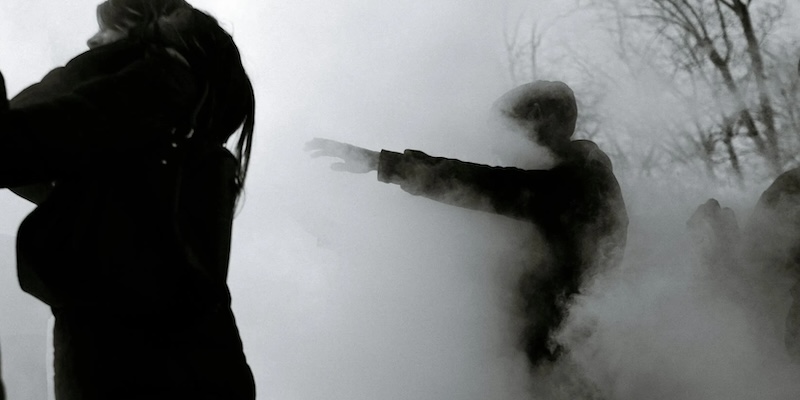Happy Birthday Anne Sexton!!
Her Kind
By Anne Sexton
I have gone out, a possessed witch,
haunting the black air, braver at night;
dreaming evil, I have done my hitch
over the plain houses, light by light:
lonely thing, twelve-fingered, out of mind.
A woman like that is not a woman, quite.
I have been her kind.
I have found the warm caves in the woods,
filled them with skillets, carvings, shelves,
closets, silks, innumerable goods;
fixed the suppers for the worms and the elves:
whining, rearranging the disaligned.
A woman like that is misunderstood.
I have been her kind.
I have ridden in your cart, driver,
waved my nude arms at villages going by,
learning the last bright routes, survivor
where your flames still bite my thigh
and my ribs crack where your wheels wind.
A woman like that is not ashamed to die.
I have been her kind.
one of my favorites (it's like all my dreams/nightmares) and basis of Peter Gabriel's Mercy Street
45 Mercy Street
by Anne Sexton
In my dream,
drilling into the marrow
of my entire bone,
my real dream,
I'm walking up and down Beacon Hill
searching for a street sign —
namely MERCY STREET.
Not there.
I try the Back Bay.
Not there.
Not there.
And yet I know the number.
45 Mercy Street.
I know the stained-glass window
of the foyer,
the three flights of the house
with its parquet floors.
I know the furniture and
mother, grandmother, great-grandmother,
the servants.
I know the cupboard of Spode
the boat of ice, solid silver,
where the butter sits in neat squares
like strange giant's teeth
on the big mahogany table.
I know it well.
Not there.
Where did you go?
45 Mercy Street,
with great-grandmother
kneeling in her whale-bone corset
and praying gently but fiercely
to the wash basin,
at five A.M.
at noon
dozing in her wiggy rocker,
grandfather taking a nap in the pantry,
grandmother pushing the bell for the downstairs maid,
and Nana rocking Mother with an oversized flower
on her forehead to cover the curl
of when she was good and when she was…
And where she was begat
and in a generation
the third she will beget,
me,
with the stranger's seed blooming
into the flower called Horrid.
I walk in a yellow dress
and a white pocketbook stuffed with cigarettes,
enough pills, my wallet, my keys,
and being twenty-eight, or is it forty-five?
I walk. I walk.
I hold matches at street signs
for it is dark,
as dark as the leathery dead
and I have lost my green Ford,
my house in the suburbs,
two little kids
sucked up like pollen by the bee in me
and a husband
who has wiped off his eyes
in order not to see my inside out
and I am walking and looking
and this is no dream
just my oily life
where the people are alibis
and the street is unfindable for an
entire lifetime.
Pull the shades down —
I don't care!
Bolt the door, mercy,
erase the number,
rip down the street sign,
what can it matter,
what can it matter to this cheapskate
who wants to own the past
that went out on a dead ship
and left me only with paper?
Not there.
I open my pocketbook,
as women do,
and fish swim back and forth
between the dollars and the lipstick.
I pick them out,
one by one
and throw them at the street signs,
and shoot my pocketbook
into the Charles River.
Next I pull the dream off
and slam into the cement wall
of the clumsy calendar
I live in,
my life,
and its hauled up
notebooks.





